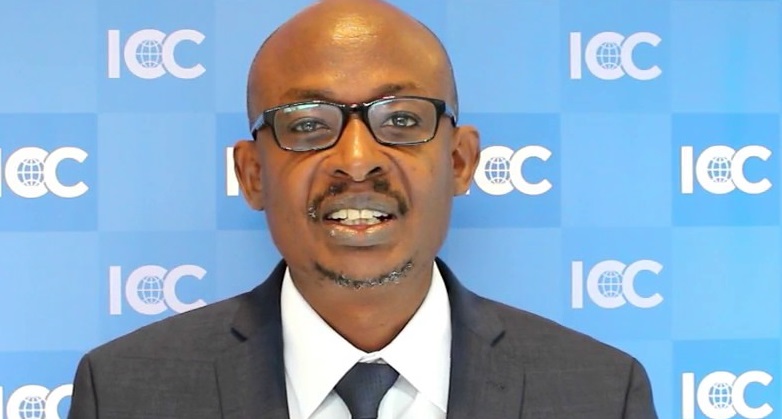The International Chamber of Commerce Ghana, ICC Ghana, has identified the charging of illegal fees at the port as an obstacle to the Trade Facilitation Agreement with Ghana.
The General Secretary of ICC Ghana, Emmanuel Doni-Kwame said the development at the port is against the rules of the World Trade Organisation, WTO.
“Our discussions have actually been on fees and charges, and from our research, there is a lot that needs to be done, if you look at the fees and charges report, there is a lot that needs to be done, if it’s implemented… in the agreement is clear every fee charge should "tally" with the service being deliveredâ€.
The Government of Ghana in 2017 commenced the implementation of a paperless port system and a single window system to help do away with the stress of doing business at the port and also eradicate corruption at the port.
The implementation at the time received stiff opposition from some stakeholders at the port.
As part of the Trade Facilitation Agreement, TFA, entered into force on 22 February 2017 which applies to WTO members who have accepted it for which Ghana is part, the countries are required to act in accordance with Article X:3 of the Marrakesh Agreement Establishing the World Trade Organization.
But ICC Ghana's General Secretary, Emmanuel Doni-Kwame said Ghana needs to do more because every fee paid at the port must be justified.
“A lot also has to do with harmonizing most of our laws those that have actually set up most of our institutions so that there is no duplication,†he added.
Article 10 of the Trade Facilitation Agreement on formalities connected with importation, exportation and transit states:
(a) adopted and/or applied with a view to a rapid release and clearance of goods, particularly perishable goods;
(b) adopted and/or applied in a manner that aims at reducing the time and cost of compliance for traders and operators;
(c) the least trade restrictive measure chosen where two or more alternative measures are reasonably available for fulfilling the policy objective or objectives in question; and
(d) not maintained, including parts thereof, if no longer required.
www.primenewsghana.com/Business
Â
Â





